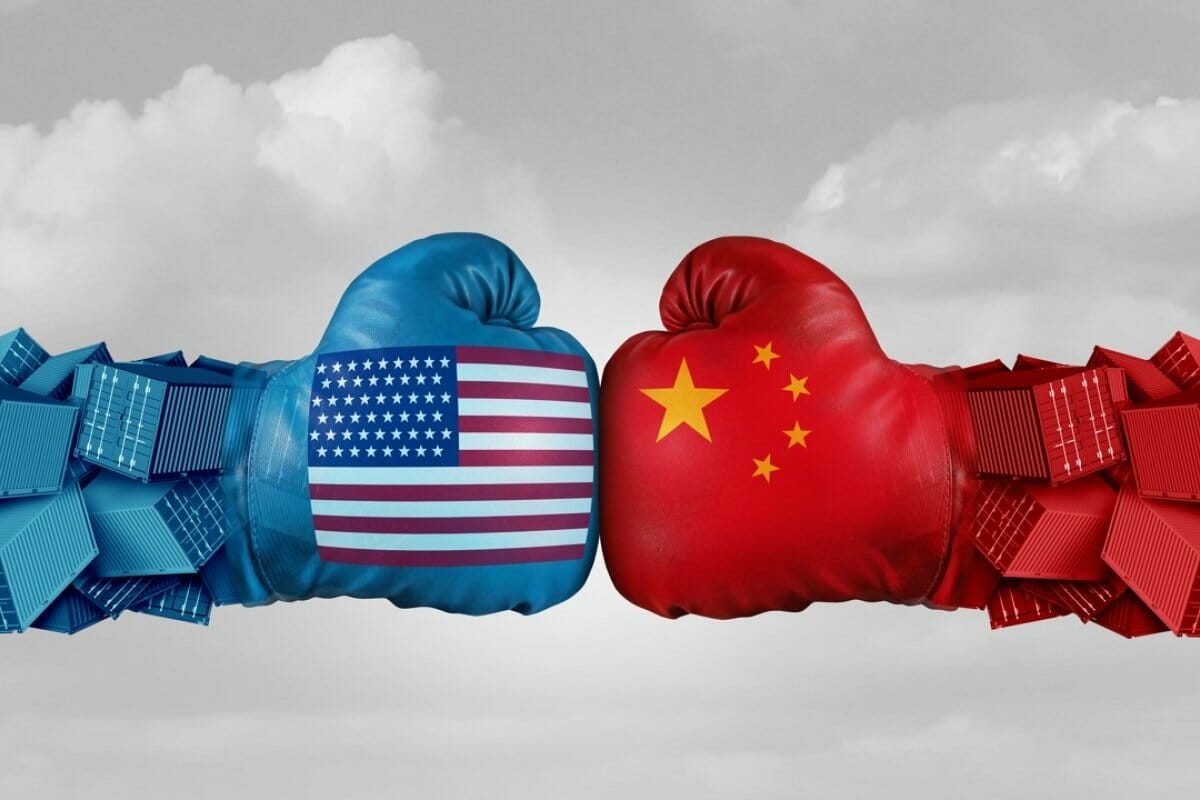The trade war repercussions are now being felt globally.
Recently, central bank leaders and finance ministers gathered to discuss the challenges faced by economies worldwide. The International Monetary Fund (IMF) and World Bank convened in Washington, setting a somber tone. Attendees noted a significant shift in US trade policy from the country’s founding of the IMF in the 1940s.
One notable effect of the trade war is the projected slowdown of global growth to 3% in 2019, marking the slowest pace in a decade. However, the impact varies across different countries. The US, with its robust domestic consumer market, appears to be the least affected among G20 nations. In contrast, European countries, especially those heavily reliant on exports, are facing significant challenges and are expected to continue to do so.
European Union’s Economic and Financial Affairs Commissioner, Pierre Moscovici, highlighted that countries with open trade policies in Europe are bearing the brunt of the trade war consequences. Germany, as a prime example, heavily dependent on exports constituting around 40% of its GDP, has seen a downward revision in export growth projections from 1.5% to 0.5%. Consequently, many companies are adjusting their investment strategies in response.
Surprisingly, even countries like Iceland are being impacted by the trade war. Governor of Iceland’s central bank, Ásgeir Jónsson, noted a reliance on tourism as a significant economic driver. Iceland experienced a substantial surge in tourism over the years, but the recent trade war has led to a 15.6% decline in tourism since the summer of 2018.













































